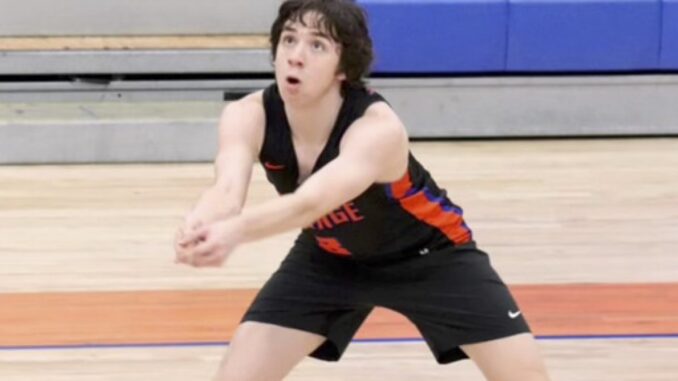
photo credit: Adam Welch
The NCAA made a groundbreaking decision to approve the transfer portal for collegiate student athletes to have more autonomy in switching between institutions in 2018. Today, six years later, it seems college athletic programs are progressively forgetting the “student” aspect in collegiate athletes.
While college athletes have never had the traditional college experience as a normal 18-20 year old due to balancing sport and classes at the same time, their college experience has completely been altered in the 2020s. Athletes now have to balance managing their brand, collecting NIL deals and prioritizing their market value. While athletes should be getting paid for their likeness, it’s clear that a culture has been created in college athletics to completely abandon team identity and solely prioritize self-interest.
For example, this past week in a University of Colorado-Boulder practice, a reminder was shared with the team to make sure to register for spring classes. Shedeur Sanders, quarterback of the team, and projected first round NFL draft pick shrugged off the reminder saying: “Classes? I’m going to the league”, according to Sports Illustrated.
Many Ohio State Buckeye fans remember Cardale Jones’s iconic tweet about his detest for having to go to class, saying “we came here to play FOOTBALL, not CLASSES”. While this is reminiscent of recent comments made by Sanders, Jones still got his bachelor’s degree from The Ohio State University in 2017.
However, I don’t think Jones would have pursued his higher degree if he was handed $1 million at age 18. Cardale Jones’s college story would’ve been extremely marketable considering he returned after winning the 2014 National Championship. Who knows what the NIL compensation would’ve been for a third-string quarterback who turned hero—heck, Will Howard already has his face on a bag of chips.
Again, I’m not arguing for players not to be paid for college athletics. I just think currently programs are going down a road where players forget responsible planning for their careers and life.
Of course, Shedeur Sanders can sit here and say he doesn’t care about graduating college due to the wealth his family has already amounted from his Hall of Fame multi-millionaire father Deion Sanders, but what about the five-star commit who dropped out of college thinking his NFL career was guaranteed? Career-ending injuries can come at any moment, and because of the lucrative paychecks players are getting while still in their teens, they are more likely to care less about their education and prioritize the cash they’ve already received thinking more is sure to come.
While college coaches and universities offer career planning services, NIL is creating a stigma for top players to ignore these options and simply “go with the flow”. Top college players like Boise State’s Ashton Jeanty have gone on livestreams picking and choosing which NFL teams they would like to play for without even having done a professional snap.
While I hope Jeanty thrives for the rest of his collegiate career and continues his success into the pros, his success is not certain. Will Jeanty still be picking and choosing his career options if he’s out of the league with no offers?
Sadly, I believe simply preaching responsible habits may not be an efficient-enough resolution when money is now handed over without a second guess at such a young age. Retired professional athletes are consistently subject to going broke and blowing through their career earnings; it would be a shame to see a new younger generation have athletes lose their career NIL earnings in a blink of an eye before they’ve even reached 30 years old.


